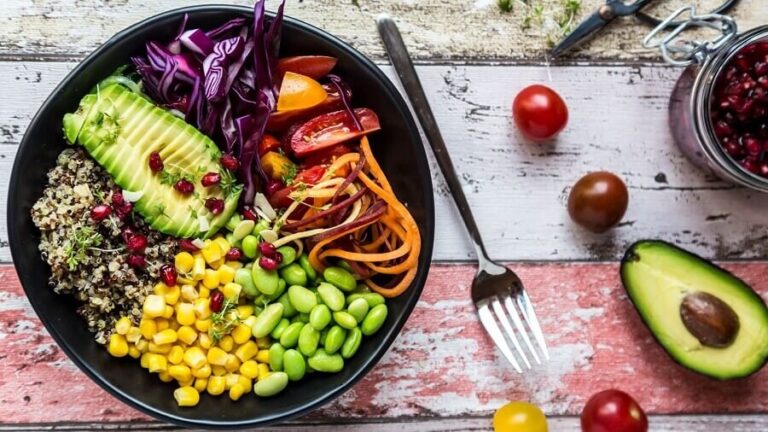Indeed more than once, you have heard: “breakfast is the most important meal of the day,” which could have some truth. However, newer eating methods such as intermittent fasting have made this claim outdated.
After all, many fasting plans that limit a person’s food intake during certain times of the day (including breakfast) could have several benefits.
This article looks at the advantages and disadvantages of doing each thing. Fasting or breakfast, which is better?
RELATED: Intermittent Fasting – A Beginner’s Guide
What is fasting?
Fasting or fasting is a nutritional system that consists of rejecting food for a certain period of time. At no time is total caloric intake reduced or certain food groups eliminated.
The most classic fasting method is intermittent or the 16/8 diet . This is not eating for 16 hours, and eating the other 8, usually skipping breakfast. This should be done at least 2 times a week.
The basis of intermittent fasting is autophagy. A process that the body activates when you don’t eat for several hours. This makes it possible to remove obsolete cells from the body.
A typical day of intermittent fasting begins with a breakfast skip, a hearty lunch at noon, and ends with an early dinner.
According to studies, the advantages of fasting are several. Intermittent fasting is one of the best ways to improve carbohydrate metabolism, strengthen the immune system , improve skin health, and prevent certain types of cancer. (1)
Advantages of fasting:
- Regulate blood sugar levels
- Strengthen the immune system
- Reduce the risk of certain types of cancer
- Remove body fat
- Prevent type 2 diabetes
- Improve the health of the skin
Importance of breakfast
Breakfast can be essential to start your day with energy, and it could help you reduce your risk of cardiovascular disease.
According to a study where more than 7,000 people were surveyed over about 20 years, those who skipped breakfast had a higher risk of mortality from cardiovascular disease. (2)
By logic, skipping breakfast could be harmful. Now, this is not that simple.
The study found an association between skipping breakfast and cardiovascular disease, not focusing on the quality of the diet, which plays a more significant role in health risk.
If you know what you are doing, fasting may have more benefits than eating breakfast every day.
RELATED: Importance of Breakfast – Myth or Reality?
So, fast or breakfast?
If what you are looking for is to keep healthy and at an ideal weight, the most important thing is that you eat balanced.
If you do so much fasting or breakfast every day but include unhealthy foods, there is no doubt that your body will suffer the consequences.
If you have already gotten used to eating healthy and want to go one step further, intermittent fasting may have more benefits than eating breakfast every day.
It is a fact that sticking to a fasting method 1 or 2 times a week is enough to eliminate those cells that you no longer need and could help you improve skin health, strengthen the immune system and regulate your hormone levels. (2,3,)
Although it is of greater importance to carry out a balanced diet (both at breakfast and any meal of the day), fasting is an excellent method to reestablish the body.
RELATED: Healthy and Balanced Healthy Eating Rules
ABSTRACT
The most important thing to stay healthy is not if you have breakfast or fast but make a correct selection of foods throughout the day.
The phrase: breakfast should be the most important meal of the day is not entirely true.
While breakfast may be essential to keep you energized in the morning, other methods like intermittent fasting challenge this claim.
If you can adapt your routine to intermittent fasting twice a week, this could have more benefits than eating breakfast every day.







